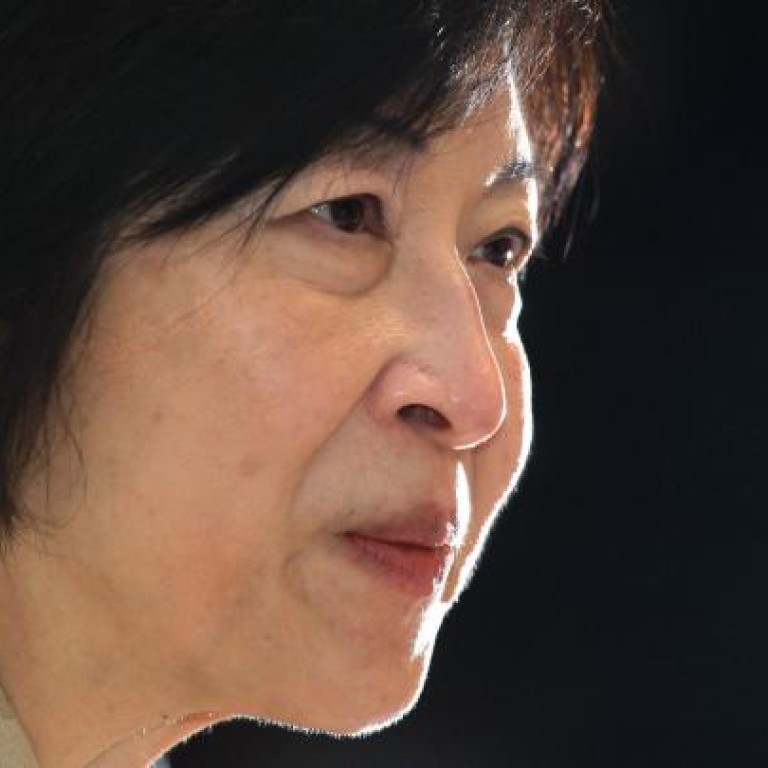
Ex-education chief sees border as no barrier to schools
NPC deputy wants to see if there is demand for mainland schools using Hong Kong curriculum
A former education chief will urge the national legislature and Hong Kong authorities to conduct a survey into demand for schools offering the Hong Kong curriculum on the mainland.

"If Hong Kong-style schools were run on the mainland, children of Hong Kong residents living in Guangdong would not have to spend hours to cross the border every day to attend schools in Hong Kong," she said.
Law said the authorities on both sides of the border should study the needs of these cross-border pupils.
"We badly need to know where those pupils live, why their parents choose to send them to Hong Kong schools, and whether they are interested in letting their kids attend Hong Kong-style schools on the mainland."
She suggested the pupils and their parents could be interviewed at the border crossing.
Law, who became an NPC deputy in 2007, a year after she ended her stint as permanent secretary for education and manpower, will submit the proposal at the upcoming NPC session.
Another NPC deputy, Michael Tien Puk-sun, suggested that Shenzhen authorities allow Hong Kong to set up government primary schools in the border city to cater to those children.
He said most of the teaching at mainland schools, which target Hong Kong-born children, was done by teachers educated and trained on the mainland.
"How could they possibly know how to teach the Hong Kong curriculum? Seeing the qualifications of those teachers, Hong Kong secondary schools are mostly loath to enrol those [primary school] graduates," Tien said.
"I am convinced that parents would prefer [Hong Kong government] schools to the private ones. Hong Kong secondary schools would probably be willing to enrol such graduates," he added.
Thomas Pang Cheung-wai, a Chinese People's Political Consultative Conference delegate and a member of the Democratic Alliance for the Betterment and Progress of Hong Kong, said he would propose that Shenzhen allow Hong Kong's school sponsoring bodies to set up schools there, with principals and teachers from Hong Kong.
Some 13,000 students cross the border each day to study, and there have been complaints that they put pressure on school resources, especially in Northern district.
Law raised the proposal to providing subsidies for children of Hong Kong residents to study in Hong Kong-style schools in Shenzhen in 2000, the year that she took over the Education and Manpower Bureau.
The Hong Kong Federation of Education Workers and Beijing Normal University had a plan in 2000 to run a primary school in Shenzhen operating under the Hong Kong government's Direct Subsidy Scheme.
Schools operating under the scheme can charge tuition fees while receiving government subsidies linked to enrolment figures. Law said she had raised the idea at top-level meetings of government officials. But she said the Hong Kong government wanted further detailed study, including the implications for other social services.
The administration was understood to be lukewarm about the idea at the time because there were concerns it might have to provide other social services, such as health care and public housing, across the border if it subsidised children of Hong Kong residents to study outside the city.

